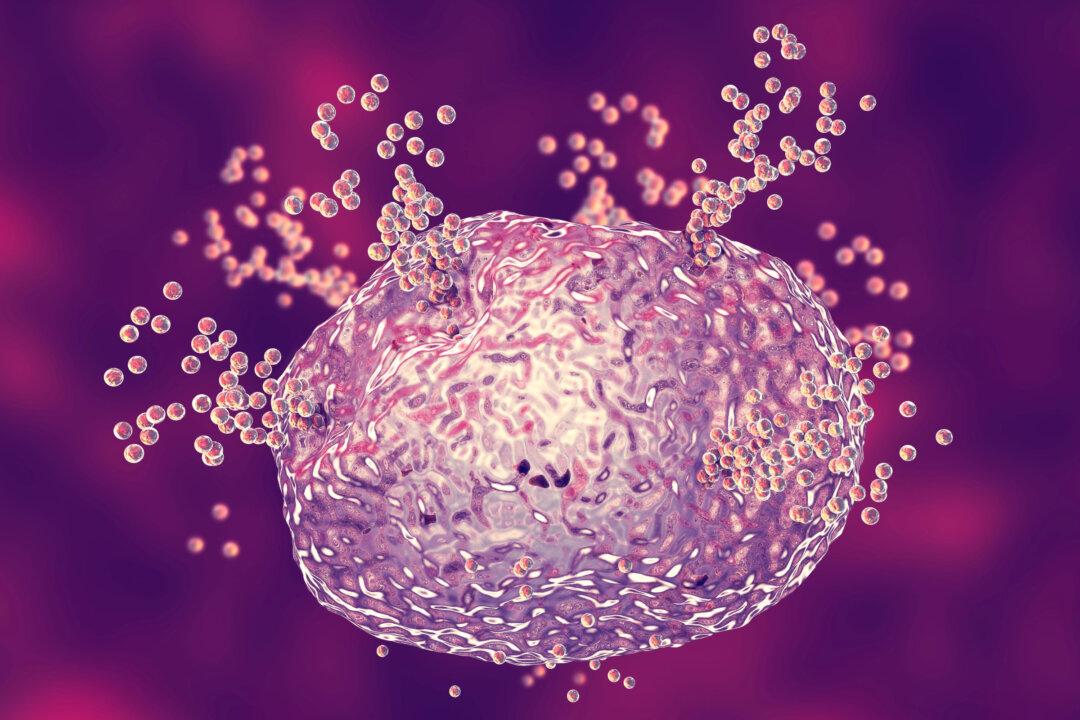There has been a lot of discussion about vitamin D circulating among natural health enthusiasts recently. As a certified functional medicine practitioner, vitamin D status is something that I monitor very closely.
Vitamin D is actually a hormone, specifically a prohormone that the body converts into a steroid hormone. It’s synthesized in the skin from sun exposure and activated in the liver and kidneys.






